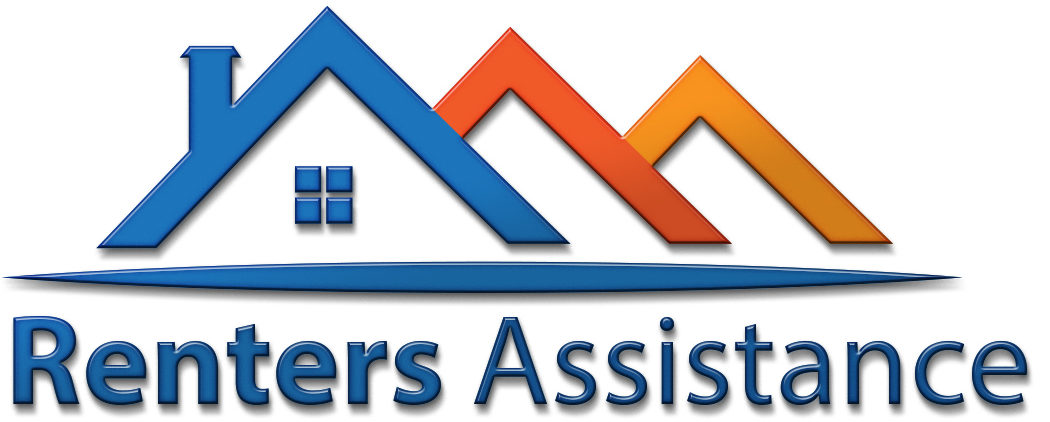Medicare is a U.S. Federal health insurance program administered by the Department of Health and Human Services. This federal program helps Americans by providing health insurance coverage to:
1) elderly who are 65 or older,
2) people with disabilities, and
3) people with permanent kidney failure requiring dialysis or a kidney transplant.
The Medicare government program offers health-related help to all Americans 65 or older and people with disabilities by providing:
Hospital Insurance – otherwise known as Medicare Part A, helps pay for hospital, home health following hospital stays, skilled nursing facility, and hospice care for the aged and disabled.
Medical Insurance – known as Medicare Part B, helps pay for physician, outpatient hospital, home health, and other services for the aged and disabled who have voluntarily enrolled.
Medicare Advantage Plans – or Medicare Part C, it serves as an alternative to traditional Part A and Part B coverage, and it is optional medical insurance that can be purchased from private insurers. Under this option, beneficiaries can choose to enroll in and receive care from private “Medicare Advantage” health insurance plans. Medicare Part C beneficiaries will generally have access to health care and services offered by Medicare Advantage providers that are in addition to services covered by Medicare Part A and Part B.
Prescription Drug Coverage – Medicare Part D adds prescription drug coverage to your Medicare Part A and Part B. Part D of Medicare is offered by private insurance companies approved by the Medicare Program. Part D provides subsidized access to drug insurance coverage on a voluntary basis for all beneficiaries and premium and cost-sharing subsidies for low-income enrollees. Some Medicare Advantage Plans (known as Medicare Part C) may also offer prescription drug coverage under the rules of Part D.
